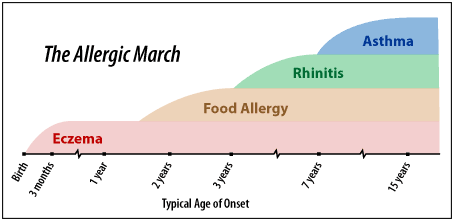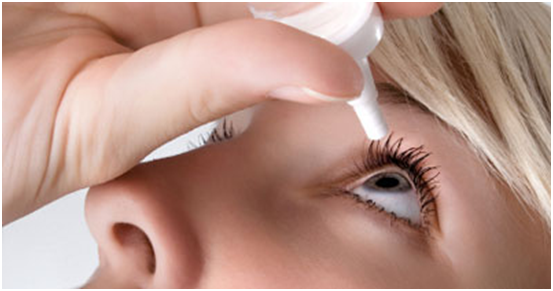Who can be tested for allergies?



Allergy March
Asthma and allergy related conditions are on rise both in terms of prevalence and severity. For an effective allergy treatment,
the first step is to allergy testingfind out, what you are allergic to. Allergy tests are convenient and accurate, if performed and analysed by an allergist. Allergy testing can identify the specific allergen that has triggered your allergic symptoms. I have come across many myths in my patients in particular and population in general, about allergy testing. Hence i would like to share following facts about Allergy testing.
Who can be tested for allergies?
Adults and children of any age can be tested for allergies. It is advised in allergy related conditions such as Asthma, Allergic rhinitis, Eczema, hives or urticaria and food allergies.
How is allergy testing done?
Allergy testing can be done as skin tests or as blood tests. Usually, allergy tests are done under the guidance of an allergy specialist. These specialists are trained in the best methods for testing and treating allergies. Kindly ensure that you are undertaking allergy tests under the supervision of an allergy specialist.
How do allergy skin tests work?
There are two types of skin tests. During the first type of skin test, a drop of a suspected allergen is pricked on the surface of the skin. The test is performed on the back or forearm. Many suspected allergens are tested at the same time. If you are allergic to one of the tests, you will have redness and swelling at the test spot. Your allergist will read the test as per the severity of swelling and categorize accordingly.
How long does it take to get skin test results?
Skin testing is fast. For both types of skin tests, positive reactions usually appear within 20 minutes. Sometimes redness and swelling can occur several hours after skin testing. The delayed reaction usually disappears in 24 to 48 hours, but should be reported to the allergy doctor or nurse.
Is skin testing painful?
Skin tests have little or no pain. However, positive reactions cause mild itching red bumps which look and feel like insect bites. The itching and bumps goes away in some time.
Does medicine interfere with allergy skin tests?
Some medicines do interfere with allergy skin tests. The allergist will tell you if you have to change your medicine before allergy skin testing for eg first generation antihistamines ( cetrizine, fexophenadine) should be discontinued atleast 3-5 days before allergy testing.
When are allergy blood tests used?
An allergy blood test is often used because:
- The patient is taking a medicine that can interfere with skin testing, but cannot be stopped for a few days due to medical reasons.
- The patient suffers from a severe skin related condition such as eczema or psoriasis
- Testing with a strong allergen might lead to an extra large positive reaction
- For babies and very young children, a single needle stick for allergy blood testing is better than several skin tests.




